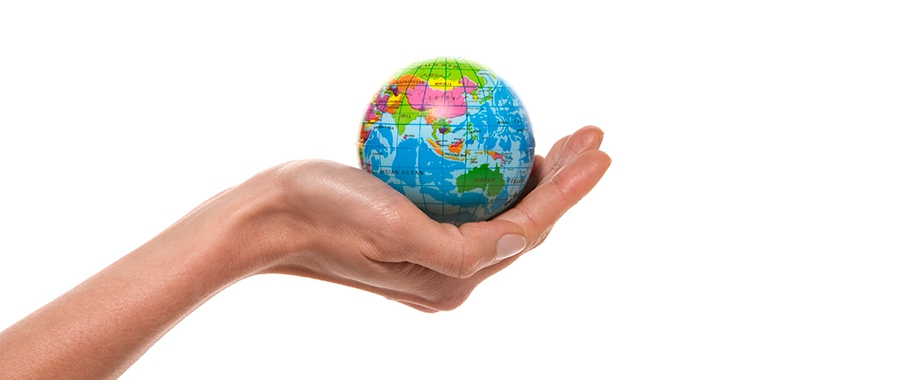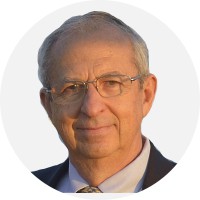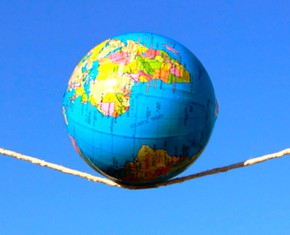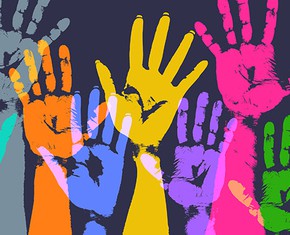The views expressed in our content reflect individual perspectives and do not represent the authoritative views of the Baha'i Faith.
I teach and write about leadership, management and organizational culture—so, of course, I view events in the news with an eye to the qualities of leadership being displayed.
We certainly need the qualities of inclusive and moral leadership, now more than ever, given the world’s present circumstances, so I would just like to share a couple of thoughts for your consideration as we enter this New Year.
The Earth is a small planet. We are one people on this small planet. In a very real sense, we are all now world citizens. The Baha’i teachings say:
O contending peoples and kindreds of the earth! Set your faces towards unity, and let the radiance of its light shine upon you. Gather ye together, and for the sake of God resolve to root out whatever is the source of contention amongst you. Then will the effulgence of the world’s great Luminary envelop the whole earth, and its inhabitants become the citizens of one city, and the occupants of one and the same throne. – Baha’u’llah, Gleanings from the Writings of Baha’u’llah, p. 217.
Because we live on such a small planet, when we imagine differences and threats, when we lead in a way that amplifies those differences, we lead everyone toward greater friction—and greater costs. If you own or operate a piece of complex machinery—from a car to a factory—friction will ultimately lead to failure. When you manage a company, the more friction that exists between engineering, manufacturing and sales, for example, the greater the likelihood of failure. All friction consumes energy and produces heat. It slows things down, requires more maintenance and attention, and leads to the premature demise of the machine, the company or the country that produces it.
When we create unified processes and eliminate frictions between activities and people, we reduce the cost of that friction. This basic principle applies within a company, across companies, and across countries. It applies to our social media and the friction or harmony it generates by focusing on grievance rather than positive responses to challenge.
So the primary job of leaders today, at every level, in every company and country, involves recognizing the unity of interests, the unity of people and processes, and taking steps to reduce the barriers that create friction, both real and imaginary. Leaders create a common purpose, they do not simply respond to, or exploit, popular sentiments. Leaders instill greater nobility in their followers, and do not manipulate their baser instincts. The entire world desperately needs leaders who unite, not divide:
Ferocity and savagery are natural to animals, but men should show forth the qualities of love and affection. God sent all His Prophets into the world with one aim, to sow in the hearts of men love and goodwill, and for this great purpose they were willing to suffer and to die. All the sacred Books were written to lead and direct man into the ways of love and unity; and yet, in spite of all this, we have the sad spectacle of war and bloodshed in our midst. – Abdu’l-Baha, Paris Talks, p. 107.
I hope in the coming year we will all recognize our shared interests. The history of civilizations repeatedly demonstrates that when classes of people are increasingly separated by extremes of wealth and poverty, from top to bottom, the system becomes unstable and revolution results. The greater the disparity in class, the more violent the revolution.
There is no religious tradition, not in Judaism, Christianity, Islam or Buddhism, that celebrates the massive accumulation of personal wealth. They all promote charity and moderation, uplifting the poor, and forgiving those who have erred. We who either control or influence the systems of society, including within our organizations, have the duty to design those systems to minimize friction, reduce disparity, to moderate wealth, to uplift the poor. This is the lesson of every religion in which we may profess belief—and now is the time for leaders to put these spiritual principles into practice.
These are my prayers for the coming year. I pray for your happiness and your success.
















Comments
Sign in or create an account
Continue with Googleor